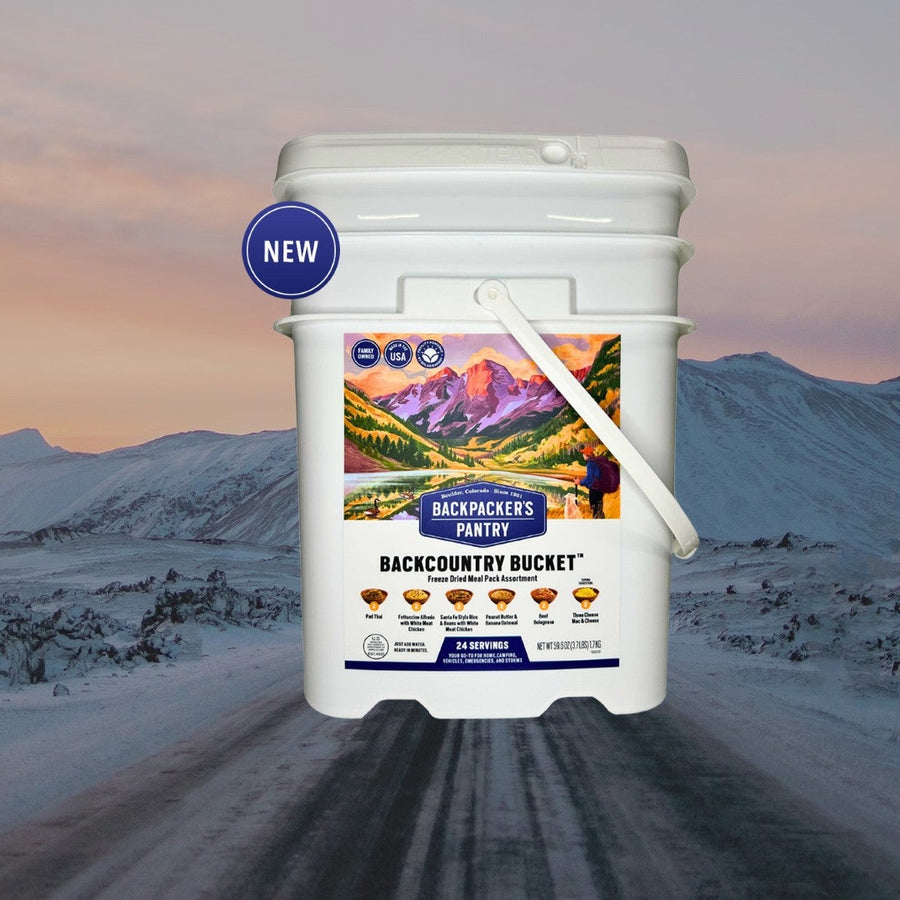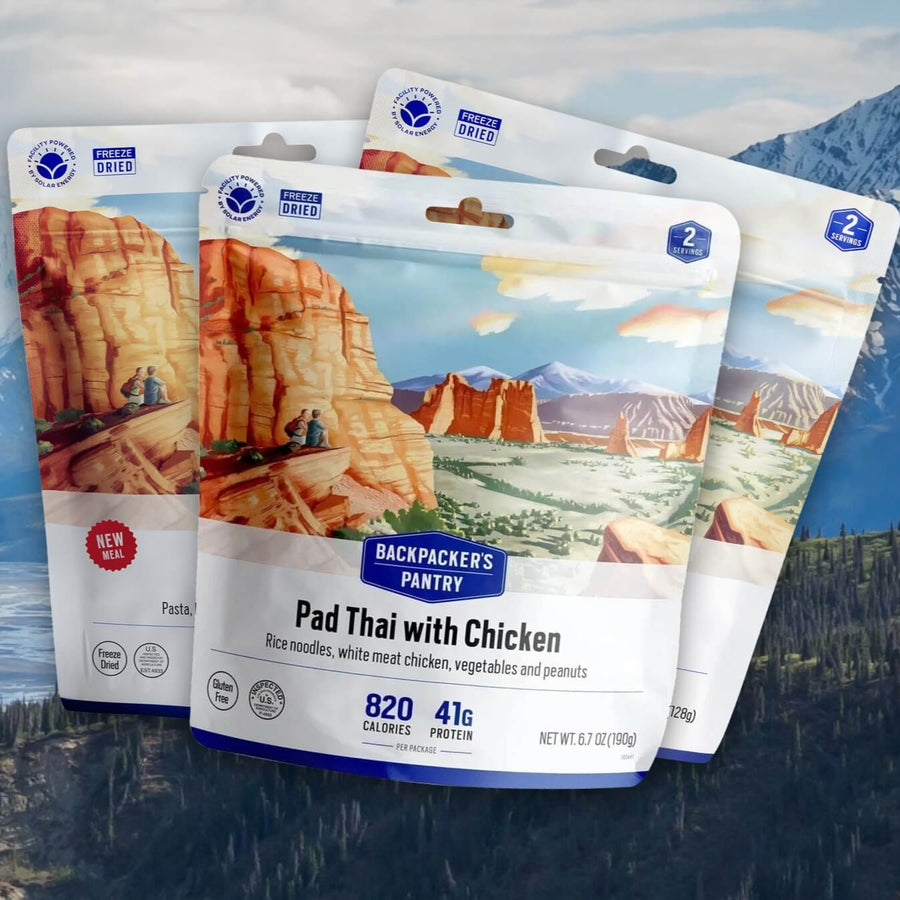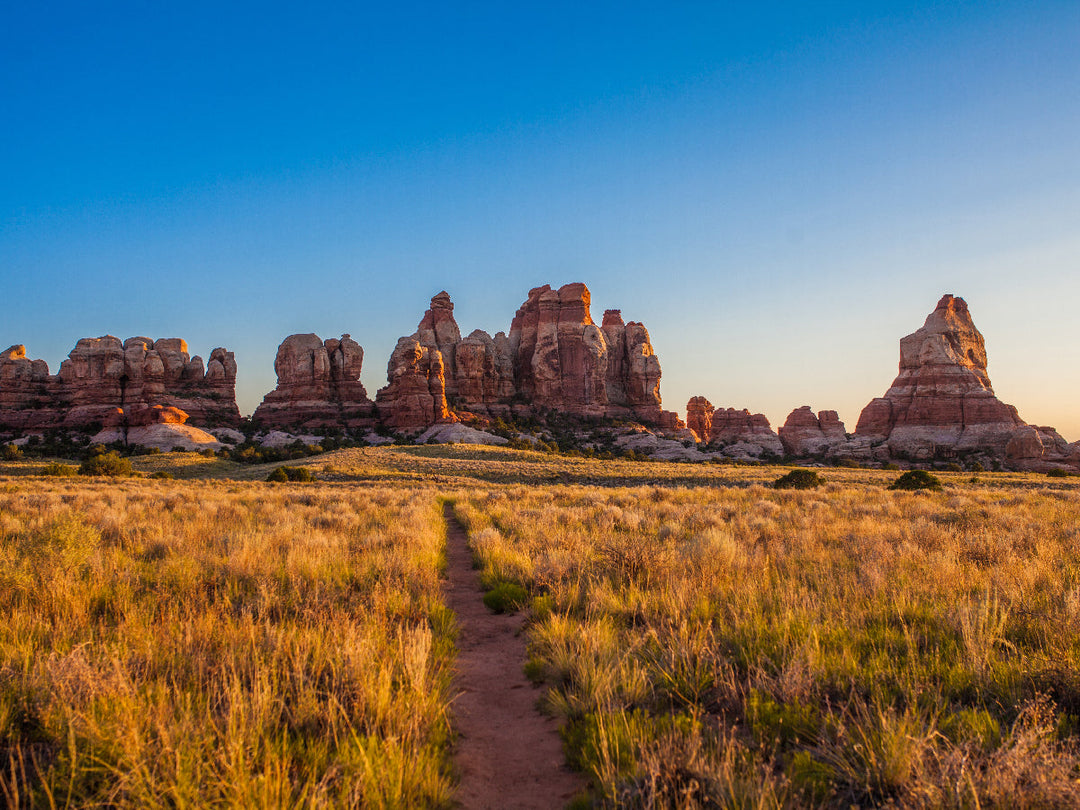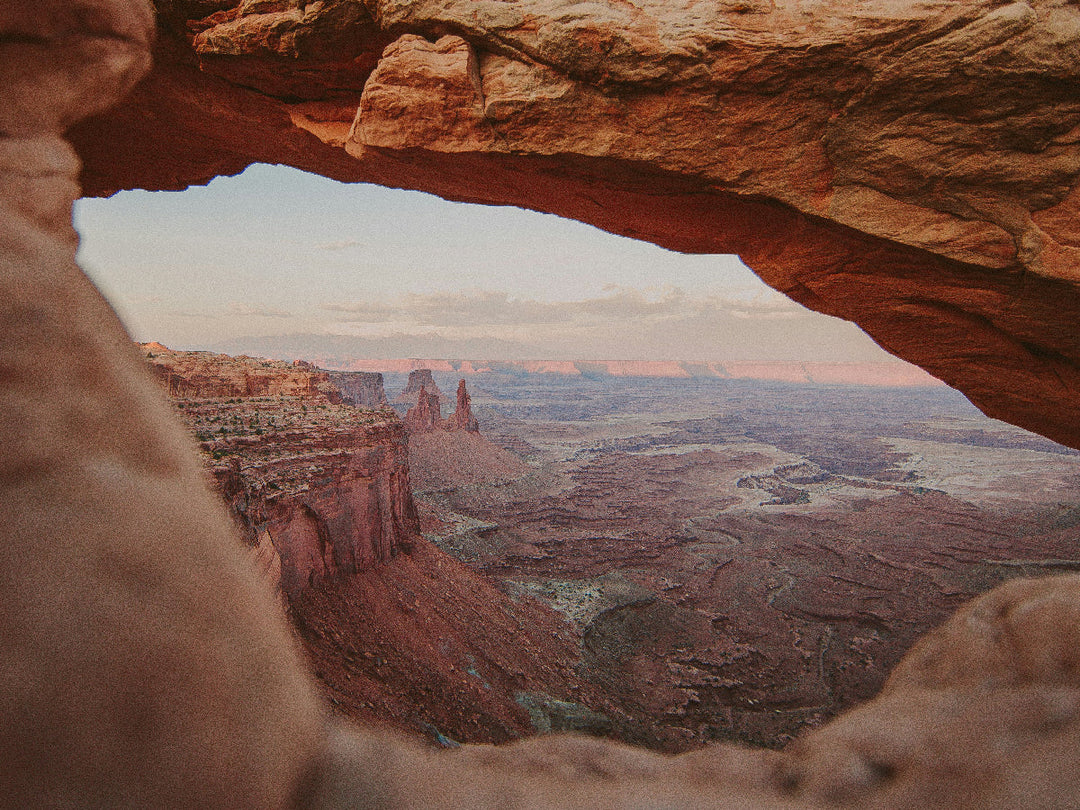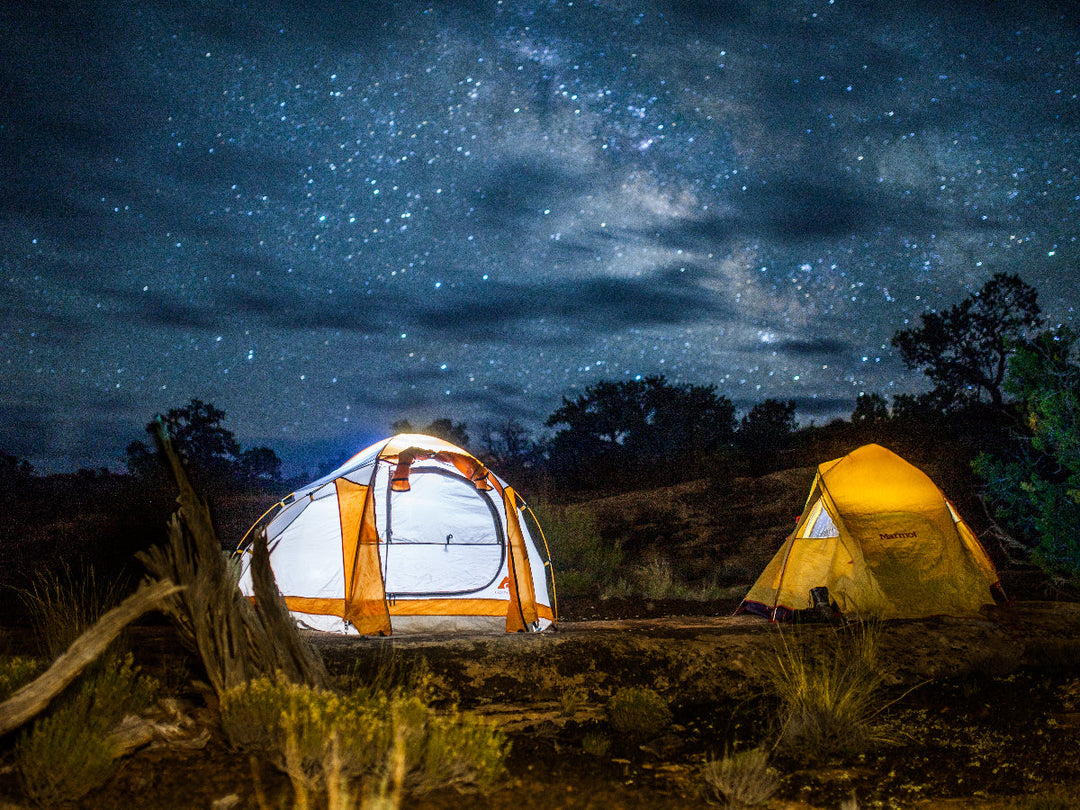Backcountry Skiing: Essential Gear and Safety Tips

Staying Safe During Your Backcountry Adventure
Backcountry skiing can be exhilarating, but you must learn how to stay safe while exploring breathtaking backcountry landscapes before you get started.
Pack the right tools.
Because it’s remote, the backcountry is no place to be caught unprepared. The right safety essentials can make the trip much more comfortable and save your life, in some instances.
Whether it’s super glue to close a wound, tablets to purify drinking water or a ferrocerium rod to make a quick fire, you need to make sure you have all the right safety gear in case of an emergency.
Read over this list of backcountry safety essentials, and be sure to stock up on supplies before heading out for your adventure.
Spread the word.
Before beginning your trip, it’s essential to make sure someone will notice if you don’t return on time. Tell someone where you are going and when he or she can expect you back. You should also take steps to preserve your phone battery in case you need to call for emergency help.
Be wary of avalanches.
Avalanches are a major concern in many backcountry settings, where heavy snowfall can accumulate in unstable ways. Even a small avalanche contains enough snow to bury the bottom of a slope and any nearby hikers.
It’s a good idea to consider taking a certified avalanche and wilderness training course. In addition to teaching you how to identify and avoid any high-risk areas, these courses provide information that can help you survive an avalanche.
They also offer great tips on how to avoid inadvertently causing an avalanche in the first place. A variety of artificial triggers (snowmobiles, gunshots, skiers) commonly cause avalanches. When an avalanche occurs, the rushing snow can achieve speeds exceeding 80 miles per hour.
Whether you take a certified course or not, it’s vital to carefully monitor avalanche conditions whenever you plan to explore the backcountry. You can view this regularly updated resource to monitor conditions and determine the avalanche risk in your area. Because avalanches can be unpredictable, it's a good idea to empower yourself by taking an accredited safety course that will give you the knowledge you need to stay safe while exploring backcountry landscapes.
Bring plenty of lightweight food.
In case you get lost, injured or stranded in the backcountry, you need to sustain yourself long enough for rescuers to arrive. Depending on your location, this could take days. If you have plenty of lightweight, freeze-dried meals, you won't have to worry about foraging for edible plants, insects and other unappetizing things that could make you ill. Instead, you’ll have a filling and delicious culinary experience until the rescuers arrive.
Backpacker's Pantry provides gourmet backpacking food for outdoor enthusiasts of every level and background. Browse our lightweight, nutritious food for the trail.
